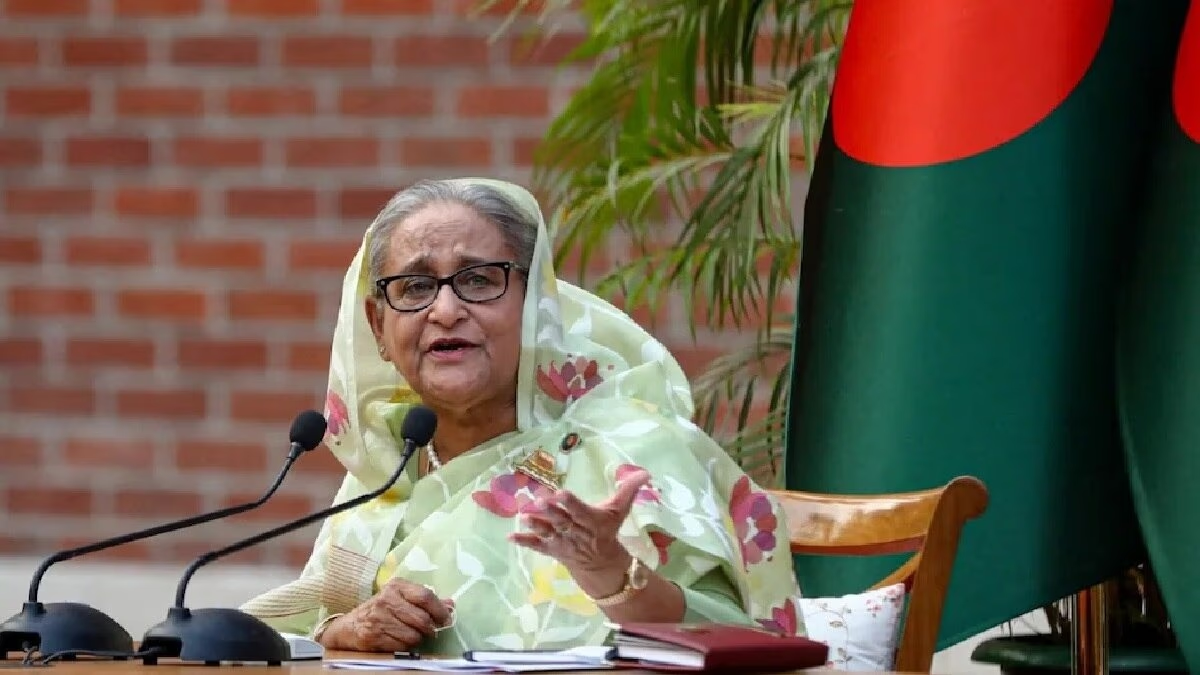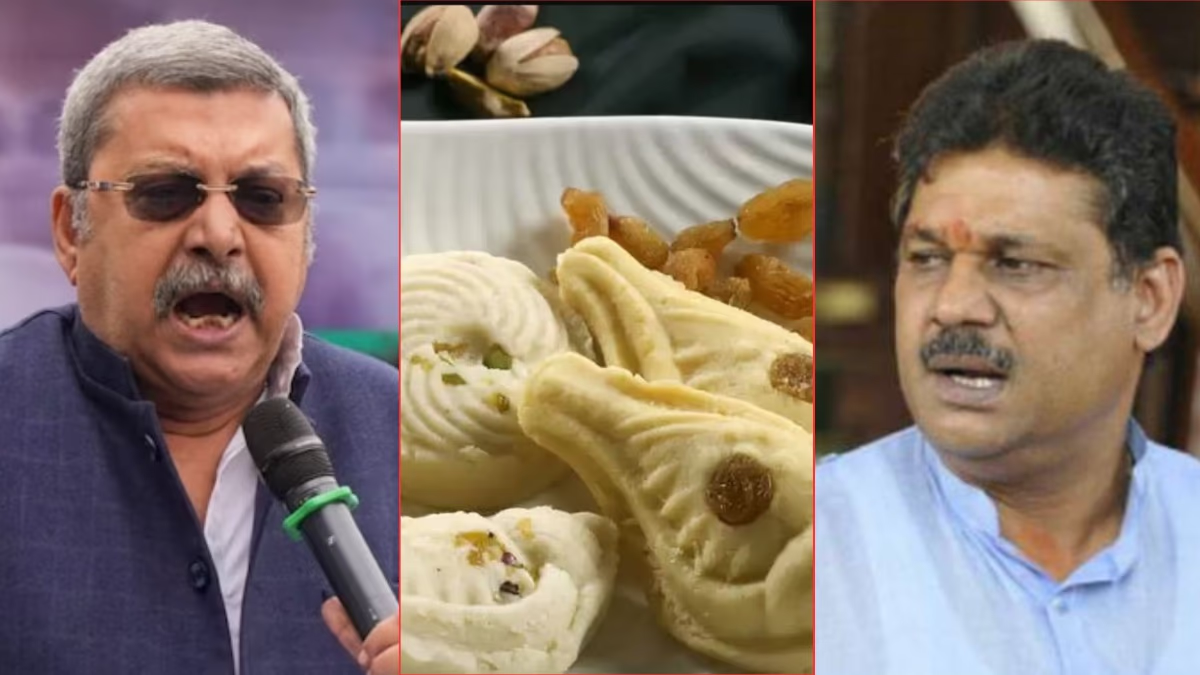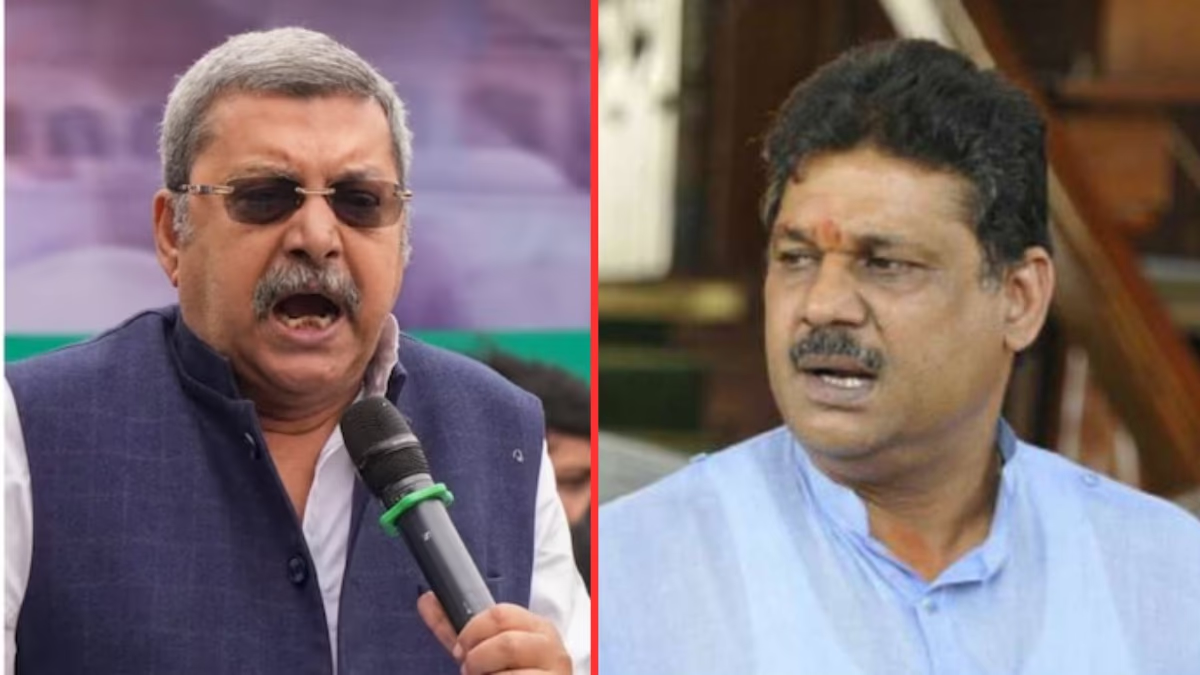The Yunus government in Bangladesh is showing signs of taking a confrontational route to bring back the exiled Sheikh Hasina from India. The current administration intends to prosecute individuals accused of alleged crimes against humanity, with Interpol's assistance. Hasina and her party members are accused of ordering the brutal suppression of an anti-discrimination student movement, which led to numerous deaths during July-August protests. This movement later escalated into large-scale uprisings, forcing Sheikh Hasina into a covert escape to India on August 5th.
According to the interim government led by Chief Advisor Mohammad Yunus, around 753 people were killed, and thousands injured during the protests, labeling it as a crime against humanity and genocide. By mid-October, over 60 complaints of crimes against humanity and genocide against Hasina and her party leaders have been lodged with the SIT and prosecution team.
Examining the past's haunting legacies needs to be done with a fair hand for justice.
‘They Will Be Held Accountable in Court’
After inspecting the renovation at the International Crimes Tribunal (ICT) housed in the old High Court building, Legal Affairs Advisor Asif Nazrul told reporters, 'A red notice will soon be issued through Interpol. Regardless of where these fugitive fascists are hiding, they will be brought back to face the court.'
Officials pointed out that a red notice is not an international arrest warrant but rather a global request to law enforcement agencies to help track and temporarily arrest a person pending extradition, surrender, or similar legal action. Interpol member countries enforce the red notice according to their national laws.
The ICT was originally established in March 2010 by Hasina's Awami League government to prosecute those responsible for crimes against humanity during the 1971 Liberation War. Later, it constituted ICT-2, and following the tribunal's decisions, six leaders from Jamaat-e-Islami and Hasina's strong rival, Khaleda Zia's BNP party, were executed. The tribunal became inactive since mid-June after its president's retirement.
Also read: Tumult in Bangladesh After Coup, Opposition to Former PM Sheikh Hasina's Party Intensifies
The interim government reconstituted the tribunal on October 12th. On October 17th, the tribunal issued arrest warrants against Hasina, her son Sajeeb Wazed Joy, and 45 others including former cabinet members.
The interim government initially stated Hasina and several of her cabinet colleagues and Awami League leaders would be prosecuted in this special tribunal. However, Chief Advisor Yunus told the UK-based Financial Times last month that 'his government will not immediately demand Hasina’s extradition from India,' a stance seen as a measure to prevent diplomatic tensions between the two nations.




